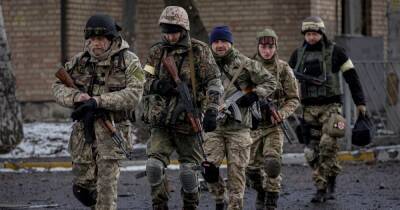Kyiv or Kiev? Why does it matter so much to Ukrainians?
Kyiv or Kiev? These are the two most common ways of writing the name of Ukraine’s capital.
Last week the United States Board on Geographic Names (USGS) considered the appeal of the Ambassador of Ukraine to the United States and replaced "Kiev" with "Kyiv", as the correct spelling for the capital of Ukraine.
Many other international organisations, including the International Air Transport Association (IATA), now might follow this example too - as they usually refer to the official names in the USGS database. This means, in particular, that more airports around the world will put “Kyiv” instead of “Kiev” on their departure and arrival boards.
But the spelling is very similar so what's the big deal? And what is the difference between the two options?
“Kyiv” is an official Latin transliteration of the city’s name in the Ukrainian language. This is not the only language spoken in the country - but it is the only official one. Ukraine has adopted standards of rendering its toponymic names from Cyrillic into Latin using Ukrainian transcription and hopes the international community will use it too.
“Kiev” comes from the Russian way of pronouncing Ukraine’s capital name. This spelling and transcription became the most common internationally during the 20th century. For many Ukrainians today it is now associated with so-called “Russification” - banning the use of Ukrainian language in print and other actions by Russian Empire and then Soviet State to strengthen Russian linguistic and political positions in Ukraine.
As an independent state since 1991, Ukraine has campaigned for the Ukrainian transcription to be used in English and other languages for a long time. It became even more of a sensitive issue for many Ukrainians since 2014,





